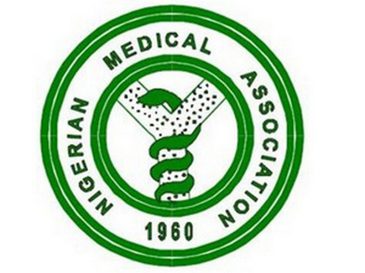


NMA urges FG to ensure quality medical training
The Nigerian Medical Association (NMA) has urged the Federal Government to ensure the quality of medical training was maintained as it expands enrollment quota into medical schools.
Prof. Bala Audu, President, NMA, said this in an interview with the newsmen on the sideline of the 24th Scientific Conference and Annual General meeting of the Nigeria Hypertension Society (NHS) on Monday in Lagos.
The Federal Government increased the enrollment quota in medical, nursing, and other health professional schools by 100 per cent, doubling it from 28,000 to 64,000 within a year.
According to Audu, the NMA fully supports the plan, appealing to the government to ensure provision of adequate infrastructure in order to deliver and effectively transfer knowledge.
“There is also a need to increase the critical numbers of those who are going to deliver this knowledge in terms of the number of lecturers who, as we all know, are medical professionals.
“Which means we have to open up the consultant employment spaces in both our teaching hospitals and our tertiary health institutions, as well as in our medical schools.
“Which implies that the doctors we are training in our residency training programmes to become consultants need to be absorbed so that we don’t lose them to other conditions,” he said.
The president further emphasised that medical lecturers should be paid commensurably as those who decide to remain only in the clinical area, noting that the medical lecturers have a dual responsibility.
“They have the responsibility both as lecturers, as well as clinicians. And this is irrespective of which faculty they are servicing in the medical training programme.
“There is a need for universal applicability,” he said.
Besides, Audu called on states, as well as all federal institutions to take a cue from Lagos State Government and implement the Exit Replacement policy to enhance their human resources capacity.
The president said that beyond replacement policy, NMA was looking at expansion of space, stressing that there are lots of qualified persons who could be absorbed into different areas of employment within the health structure.
Audu maintained that these professionals could be absorbed in the local, state or federal government level, as well as in the private sector to boost health services delivery for Nigerians.
The NMA president noted that boosting human resources in the health sector was critical to reduce the excess workload on health workers, adding that chronic stress was a major cause of hypertension.
Audu urged state governments to implement the reviewed Consolidated Medical Salary Structure (CONMESS) and the new minimum wage to boost welfare of healthcare workers and service delivery nationwide.



